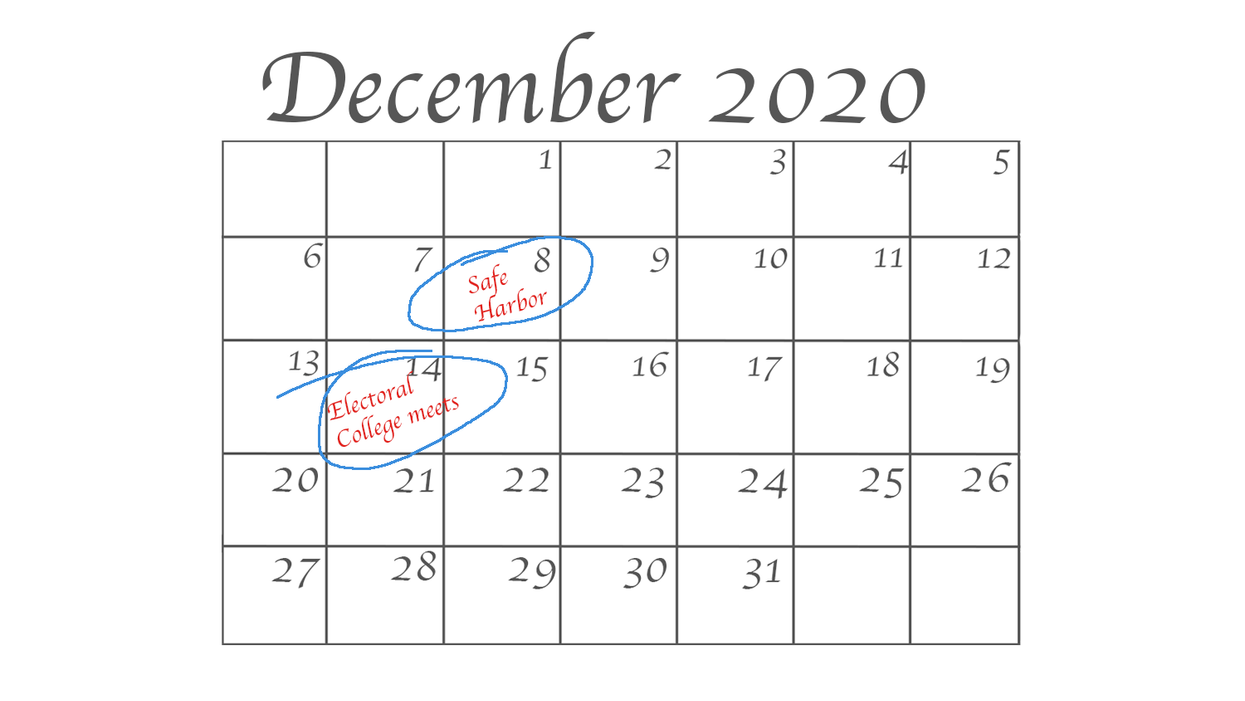Regrettably, the bipartisan cooperation that enabled last month's $2.2 trillion economic stimulus package fell short when it came to addressing concerns about coronavirus and elections.
Congress did allocate $400 million for state election preparation, but proposals to require more voting by mail and early in-person voting met with partisan rancor. And President Trump has now acknowledged the underlying political calculus: Republicans win more often when fewer people vote.
Last week's footage of Wisconsinites risking virus exposure to go to the polls dramatically illustrated the impact of that strategy, and those images perhaps will nudge the GOP position. Trump seems to have moderated somewhat, tweeting that absentee voting "is a great way to vote for seniors, military, and others who can't get to the polls."
Finding common ground on these processes that public health officials uniformly recommend would be a great sign that our leaders can rise above politics in a time of crisis.
But even without such leadership, vote-by-mail and absentee balloting will likely increase significantly for November, with much of that increase coming in states unaccustomed to handing these processes at scale. Election administrators across the country are gearing up for that challenge.
One way Congress can help that shouldn't be divisive is to give the states more time on the backend, for the stages that happen after elections.
As many have commented, we should not countenance a postponement of Election Day, which is Nov. 3 this year. But we tend to forget important dates after Election Day that have been set by antiquated federal law, not the Constitution, and that Congress can change for the better.
The first important date marks the end of "safe harbor," the period established by federal law during which states are ensured their reported results will not be challenged in Congress. This year that deadline is set as Dec. 8. Six days later, Dec. 14, is when all 538 electors meet in their state capitals to vote. Those votes are not officially tallied by Congress for another three weeks, on Jan. 6, and the inauguration follows Jan. 20
That means 77 days pass between election and inaugural, but states have only 35 of them to process all the ballots and resolve all disputes and recounts — or 41 days if they choose to forgo their safe harbor protections.
What happened in Florida in 2000 made clear that this is too little time in a contested election. That contested presidential result is often thought of as a story about the Supreme Court, but a key factor in the court's decision was limited time. On Dec. 12 that year, the justices ordered an end to recounting in Florida and effectively awarded the election to George W. Bush, the majority concluding a recount that treated all ballots equally could not be completed before the electors met, just six days later.
Had there been more time, that argument would not have held sway, the recount could have continued — and the country would have had far more confidence about who won.
After Florida, election scholars like Ohio State's Dan Tokaji proposed pushing back the safe harbor date and elector meeting date, but the idea did not gain traction. Coronavirus and an upcoming election of great uncertainty give us good reason to revive that proposal.
One prominent organization backing the idea is the Brennan Center for Justice, which proposed pushing both dates back in its comprehensive recent report, "How to Protect the 2020 Elections from Coronavirus."
The specific calendar should be established by Congress, but a schedule that could work well would be for the electors to meet Jan. 2 after a safe harbor deadline on New Year's Eve.
Both parties arguably have equal odds of being on the short end of a closely contested election, so both could benefit from such an extended calendar. Transition preparations would not have to be delayed, and both would-be presidents could begin planning in the case of an uncertain outcome, so there should be no impact on the preparedness of the winner to start governing.
And the extra time would be very helpful to states in managing the substantial increase in vote-by-mail and absentee ballot envelopes — with or without additional spending or mandates from Washington.
Mailed ballots require signature verification, which with enough time and funding can be automated, but this November it will likely be done by hand in many places. States will need new processes, equipment and training to meet these challenges, all of which increases the likelihood of unexpected problems and delay. Signature verification also requires a process for notifying voters whose handwriting is challenged and allowing them time to respond.
It would be a disaster if the outcome of the 2020 election turned on an incomplete recount in a state struggling with unprecedented challenges and a coronavirus-created version of the hanging chad. Congress has at least this one way to avoid that outcome, and it ought to enjoy bipartisan support.




















Trump & Hegseth gave Mark Kelly a huge 2028 gift